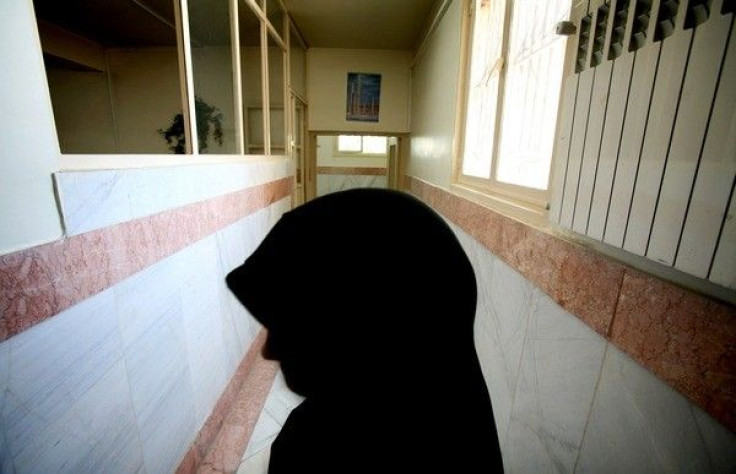Iran's Notorious Evin Prison Will Become A Public Park: Report

ISTANBUL -- Tehran is in the beginning stages of turning Evin Prison, Iran's most notorious detention center, known for its brutal torture tactics and human rights abuses, into a public park, Tehran Mayor Mohammad Bagher Ghalibaf said last week, according to local news outlets.
It is not clear where the prisoners currently in the complex will be transferred.
Iranian political prisoners have been detained, interrogated, tortured and executed in Evin Prison, according to the International Campaign for Human Rights in Iran, an advocacy group. Some of the worst testimonies about torture at the prison have come out of three wards that Iran’s Intelligence Ministry and Armed Forces operate. Those wards are unmonitored by the Iranian judiciary.
The judiciary does, however, oversee all of the other wards in the prison. Human rights organizations have urged the governing body to release information about investigations regarding regular torture and beatings.
Last year, a Human Rights Watch report said the judiciary was not releasing information about its investigations of individual officers committing human rights abuses.
“The Iran judiciary may be hoping that stonewalling will make the reports about mass beatings of prisoners go away, but the response is yet another damning indictment against a judiciary that has proven both unwilling and unable to administer justice,” said Joe Stork, deputy Middle East and North Africa director, in the report. “Judicial officials owe these men and their families at least an acknowledgment that those who ordered and carried out these beatings will be punished.”
Inmates at Ward 350 of Evin Prison endure brutal conditions: regular beatings, sexual harassment, even torture. The ward holds an increasing number of Iran's most prominent cyberactivists and intellectuals, including Soheil Arabi, a 30-year-old man arrested in 2013 and charged with sabb al-nabbi, or “insulting the prophet.” Arabi's charge stems from a reference to the Prophet Muhammad in a Facebook post. He found out in November his government is going to kill him. The country's Supreme Court upheld the death sentence handed down by a lower court.
Many Evin inmates were arrested for their activity online.
Leading human rights advocates say there has been a clear increase in the number of activists arrested, detained and tortured because of their work on social media, particularly on Facebook, since Iranian President Hassan Rouhani took office in August 2013. The detentions come as Iran's hard-liners struggle to keep tabs on a growing population that wants greater freedom of speech, a right Rouhani promised he would fight for when he was elected.
© Copyright IBTimes 2024. All rights reserved.











